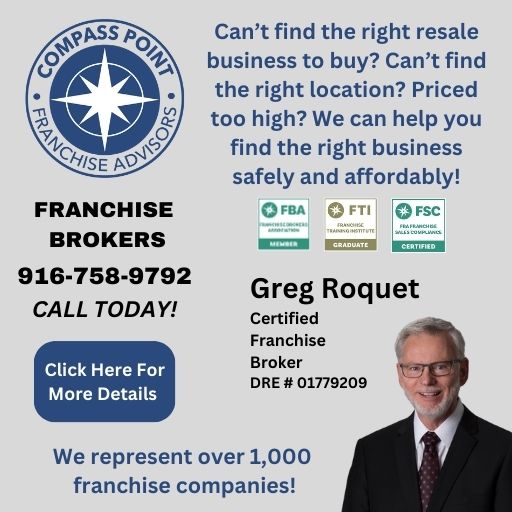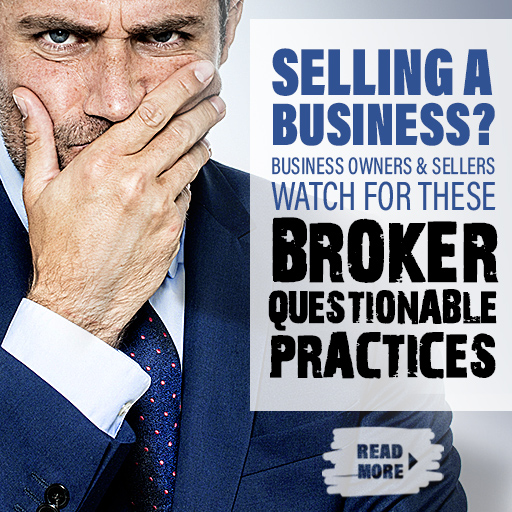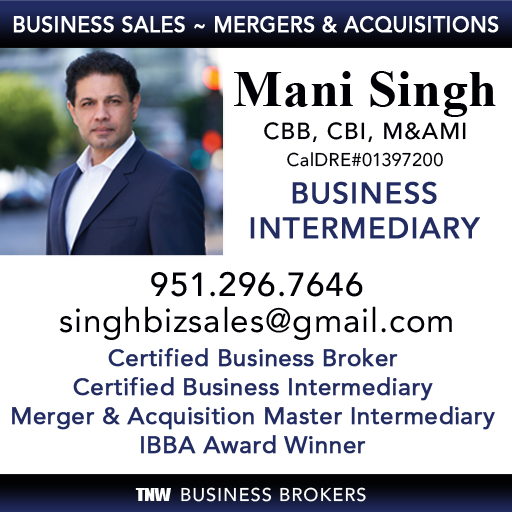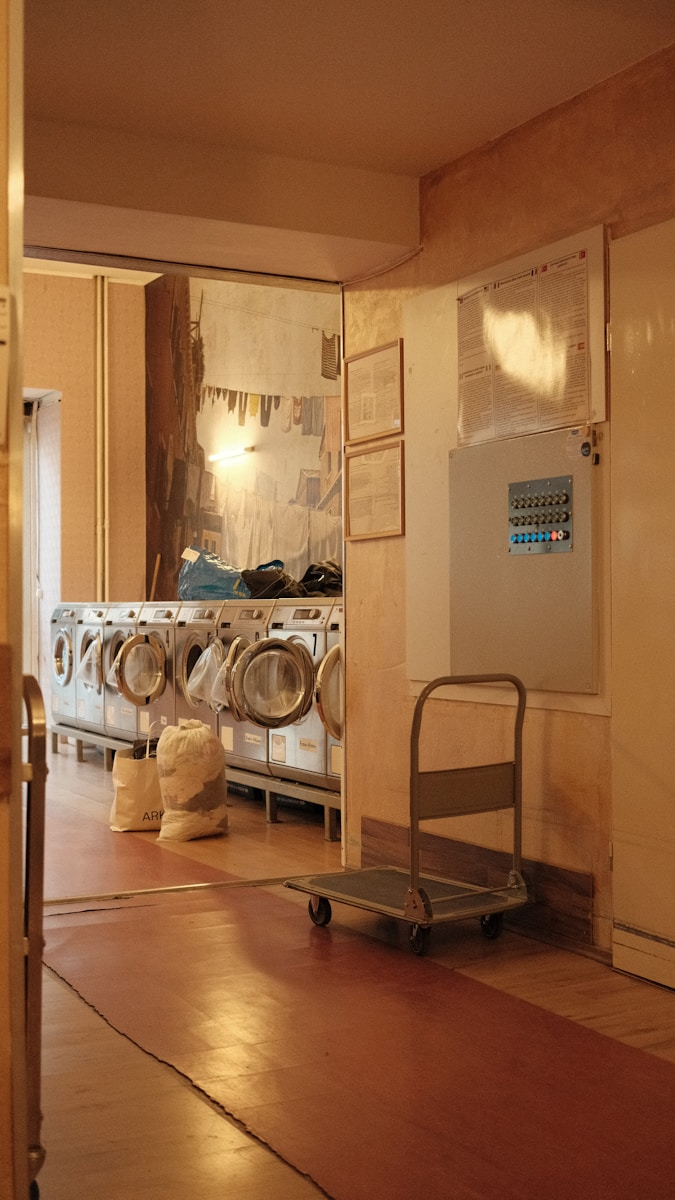
It’s mandatory to value a business when you are planning to sell it. The accurate evaluation helps both buyers and sellers in many ways. Sellers get fair selling prices after evaluation, and buyers can assess the profitability, growth potential, and financial growth of the business. As the right evaluation proves helpful for both sellers and buyers, there are various drawbacks of improper business valuation. The improper business valuation leads to the failure of up to 90% of the businesses that are put up for sale each year. A smooth transaction is only possible if the seller and buyer get the right number.
Why is Accurately Valuing A Small Business important?
Reveals Business Resale Value
Well-informed decisions and realistic expectations while selling a business are only possible if you know the actual resale value of your business. If you undervalue your business, you will leave some money on the table, and if overvaluation leads to the deterioration of potential buyers, leading to unnecessary delays in the selling process, both parties can get fair deals if the business is accurately valued for sale.
Strategic Planning
Particularly in the selling process, no business owner can deny the importance of a right business valuation as it provides valuable insights for strategic planning. Planning for future growth, improvement in profitability, and identification of strengths and weaknesses of the business are only possible if you value your business. Valuing a business is not only essential in the selling process, but it also provides valuable insights for strategic planning. Planning for future growth, improvement in profitability, and identification of strengths and weaknesses of the business is only possible if you value your business.
Attracts Investment
Buyers and investors get attracted to a business after knowing its value. Before allocating funds, investors want to know the real worth of the business to secure their investment. They can make confident decisions for investment after knowing the assets, liabilities, earnings, and anticipated growth of a business.
For example, factors like market position, operational efficiency, and customer loyalty will attract investors when valuing a restaurant business, and the same things will attract buyers when valuing a restaurant for sale.
Assess Accurate Company Value
Dealing with intangible assets like goodwill and brand reputation makes determining a company’s true value more challenging. Dealing with intangible assets like goodwill and brand reputation makes it more challenging to determine a company’s true value. Accurate valuation helps prevent the risks of undervaluation and overvaluation, and it prevents unnecessary delays during negotiation.
Valuing A Small Business: Methods
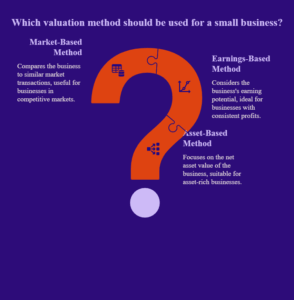
1. Market Comparison:
For valuing a small business as a buyer or seller, compare the subject company with other businesses in the same industry that have already been sold. Find out what other people have paid in terms of discretionary cash flow and as a proportion of sales. All you have to do is compare the subject company with other businesses that have been sold. Get feedback from all those previous buyers on what they thought the risks were in getting into this industry. This is one of the best ways to value a business.
Formula:
Business Value = Comparable Business Sale Price × (Your Business Metrics / Comparable Business Metrics)
2. Capitalization:
It involves mathematical methodologies and determining your required rate of return by buying that business. What do you want to see happen at the end of the day if you were to own this business? Do you want a 20% return on investment or a 40% return on equity that you put into the deal? If you look for a certain percentage, that is called the capitalization rate. The other way to look at it is multipliers, which is the same thing, just from a different point of view. Thus, you may hear that some companies sell for three times their earnings.
Formula:
Business Value = Net Income × Multiplier
3. Assets Valuation:
The third category would be simply looking at the assets involved. You will examine the tools, equipment, inventory, receivables, operational capital, etc., needed to make this business run during asset appraisal or cost development. A portion of this can be completed using the firm’s balance sheet, but to complete it effectively, you would need to hire appraisers, business value calculators, and other business valuation professionals to assess and determine the market value of certain corporate assets.
Formula:
Business Value = Total Assets − Total Liabilities
Therefore, it is possible that there would be a goodwill component to any value for a profitable, consistently profitable business, and that this would be excluded using those approaches. When doing company assessments, it is advisable to utilize all three sets of techniques.
When you’re putting up your deal structure, for instance, it can be instructive to consider offering a sum of money that includes goodwill. You may base your offer on a capitalization technique or a market evaluation, but you may not want the size of your down payment to be determined by any of these factors. Maybe you don’t want your down payment amount to be greater than the asset or cost to create. It’s safer for you and makes financing simpler when the amount you’re asking the vendor to finance is mostly the goodwill component, which the seller takes back.
Step-by-Step Valuation Process:
To determine the actual worth of your business, an accurate business valuation is crucial. To ensure a smooth and effective valuation process, below is the step-by-step guide:
Step 1: Planning and preparation
Collect all the relevant data and financial records first, including cash flow statements, loss and profit statements, balance sheets, and tax returns. For clarity and yearly comparison and trend, arrange the documents by year. Considering the future potential, market position, and business history of your business, prepare a report about your business. A clear presentation of all this information will assist the buyers, investors, or evaluators in comprehending your business even more than the numbers. To avoid any conflicts later, always ensure that your business valuation meets all the accounting standards.
Step 2: Adjusting Financial Statements
To showcase the actual revenue and performance of the business, create historical financial statements. This might involve normalizing earnings by removing one-time expenses or revenues that are not part of the regular business operations. Ensure that the personal and non-operational expenses are identified, and thoroughly review the revenue and expenses. Properly adjusted and accurate statements showcase the actual profitability of your business.
Step 3: Choosing the Valuation Method
Based on your industry and business model, choose the most appropriate and effective valuation method. The most common and effective business valuation methods include market comparisons, discounted cash flow, and earnings multiplier methods. The discounted cash flow method will be effective in case you have a service-based business because it is centered on the future potential for the cash flow of a business. The book value method is particularly helpful for an asset-heavy business. Reach out to expert brokers and industry experts to ensure that you use the right model for valuation.
Step 4: Perform a Market Valuation Comparison
Perform a comparison of your business with other companies in the same industry and location. To ensure the market competitiveness of your price, identify other recently sold businesses of the same scope and size. Adjust your valuation or statement for the unique aspects, such as exclusive contracts or intellectual property, properly. This is how you can avoid underpricing or overpricing when selling your business or attracting investors. Thus, you can attract more serious buyers.
Step 5: Final Evaluation and Report
Create a summary of the whole valuation report and findings after comparison analysis and calculations. This may include the key financial metrics, methodology used, final valuation figures, and adjustments made. A concise and thorough report ensures smooth negotiation and builds trust with investors and buyers. Create a summary of the whole valuation report and findings after comparison analysis and calculations. This may include the key financial metrics, methodology used, final valuation figures, and adjustments made. A concise and thorough report ensures smooth negotiation and builds trust with investors and buyers.
Valuing a small business for sale is a multifaceted process that involves an in-depth and comprehensive understanding of the finances, future potential, and market position of a company. A reorganized and accurate business valuation will ensure you get the most out of your business and attract the right buyers, whether you are selling a franchise, restaurant, or small business.
Professional business valuation services from BizBen can help you further by guaranteeing accuracy and objectivity and raising the likelihood of a successful sale.
FAQs:
What is the most accurate method for valuing a small business?
The accuracy of valuation depends on your business type. Asset valuation works well for asset-heavy businesses, while discounted cash flow is more accurate for service-based companies. Combining all three methods provides a well-rounded estimate.
Why should I hire professional small business valuation services?
Professional services ensure that the valuation is objective, comprehensive, and meets industry standards. They also account for intangible assets and market conditions, which DIY methods might overlook.
How often should I get my business evaluated?
Even if you’re not planning to sell, it’s advisable to evaluate your business every 1–2 years for strategic planning, investment opportunities, and financial health tracking.
Can I value my business on my own?
Yes, but it’s recommended to consult experts, especially when dealing with larger investments, negotiations, or legal transitions. Tools can help, but professional business evaluation services provide depth and accuracy.
How do I know if my business is overpriced or underpriced?
Compare it against recent sales in your industry and consult a small business valuation service. Market comparisons, profitability analysis, and risk assessment help determine a fair value.
Related Posts

By Christina Lazuric, CBI, CBB


By Christina Lazuric, CBI, CBB
you might also like
Valuation
By Tim Cunha, JD
Valuation
By Peter Siegel, MBA
Valuation
By Christina Lazuric, CBI, CBB

